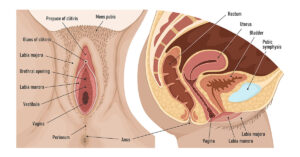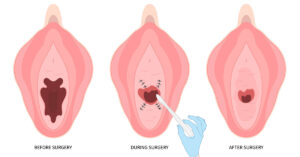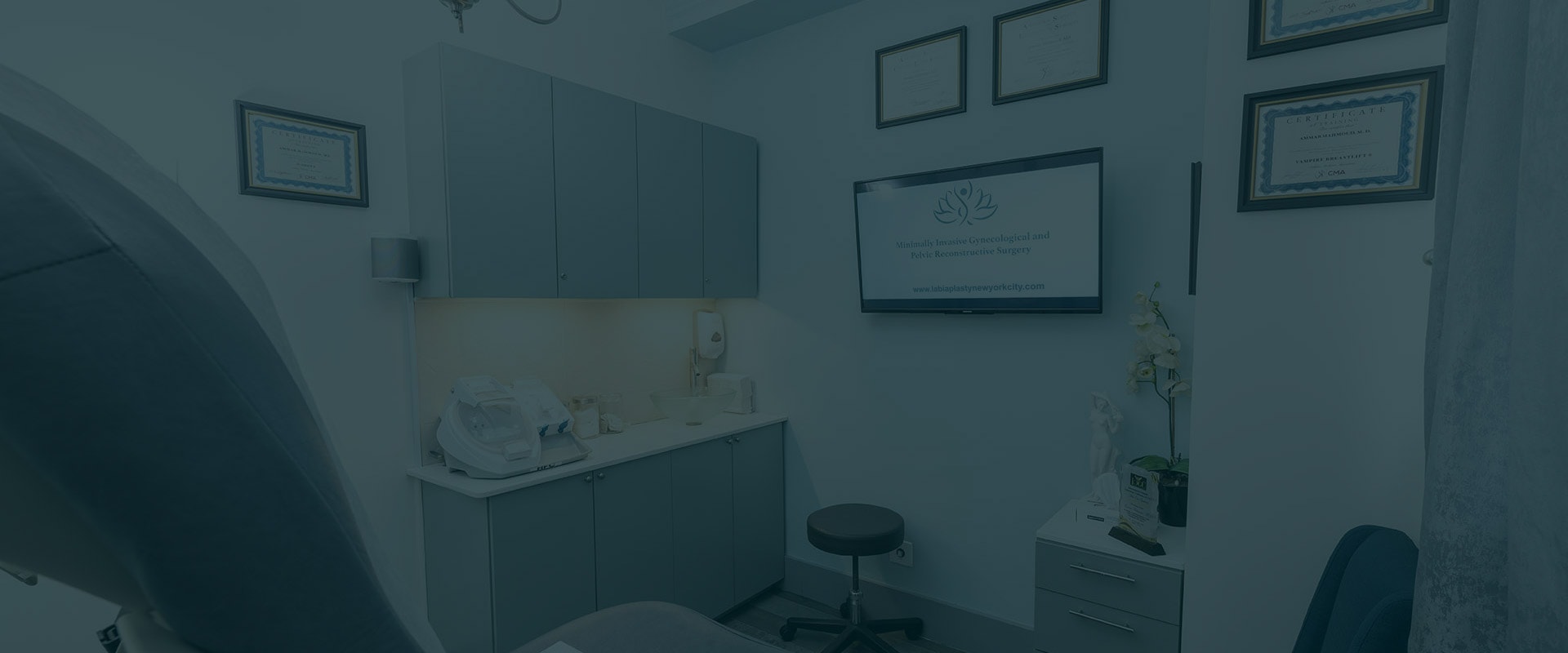Table of Contents:
- Key Questions To Ask Before Your Procedure
- Questions About the Surgeon’s Qualifications & Experience
- 1. Are you board-certified in cosmetic gynecology or a related specialty?
- 2. How many times have you performed this procedure?
- 3. Can I see before-and-after photos of your past patients?
- 4. Do You Have Patient Testimonials or Reviews I Can Read?
- Questions About the Procedure
- 5. Which procedure or technique do you recommend to tackle my concerns, and why?
- 6. What are the potential risks and complications of this procedure?
- 7. Will I have visible scars? If so, where?
- 8. What type of anesthesia will be used?
- Questions About Safety & Facility Accreditation
- 9. Where will the procedure be performed? Is the facility accredited?
- 10. What emergency protocols do you have in place?
- Questions About Recovery & Final Outcome
- 11. What will my recovery process be like?
- 12. When will I see my final results?
- 13. Are there any long-term effects I should be aware of?
- Questions About Costs & Financing
- 14. What is the total cost of the procedure, and does it include follow-up visits?
- Ensuring the Best Outcome for Your Procedure at Labiaplasty NYC
Choosing to undergo any cosmetic gynecological procedure is a major decision that requires an in-depth knowledge of what it entails. Whatever procedure you are considering, asking the right questions can help you achieve the best possible results while also prioritizing your safety.
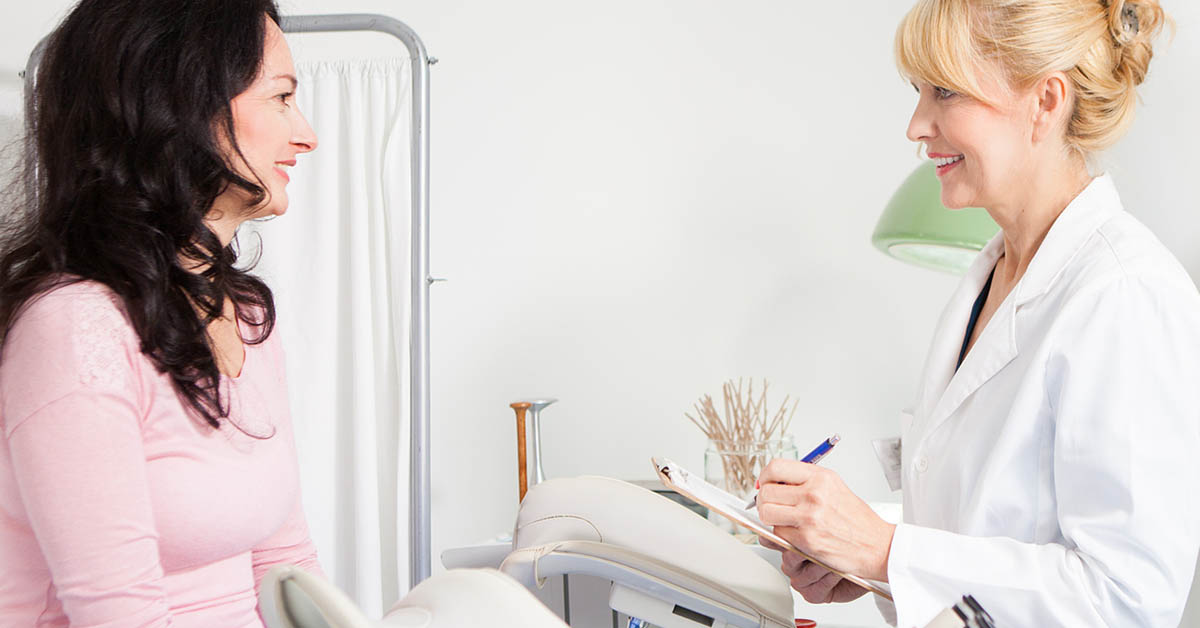
Your cosmetic gynecologist should be able to give you a step-by-step explanation of the procedure, recovery process and expectations, especially with the magnitude of misinformation out there. This article will give you a rundown of the important questions to ask before undergoing any cosmetic gynecological procedure to enable you to make well-informed decisions.
Key Questions to Ask Before Your Procedure
Questions About the Surgeon’s Qualifications & Experience
1. Are you board-certified in cosmetic gynecology or a related specialty
Why It’s Important
Board certification is one of the most important credentials to look for when choosing a cosmetic gynecologist. It shows that the practitioner has undergone specific and extensive raining in the special area of cosmetic surgery. Beyond basic board certification in areas such as ob-gyn, an experienced cosmetic gynecologist should have additional training in vaginal aesthetic and reconstructive procedures.

What to Ask Your Doctor
- Are you board-certified in obstetrics and gynecology, plastic surgery, or a similar specialty?
- Do you have specialized training in cosmetic gynecology?
- Do you belong to any professional organization(s) related to cosmetic gynecology?
2. How many times have you performed this procedure?
Why It’s Important
Having sufficient experience is critical for the safety and success of any medical procedure. A popular saying is practice makes perfect hence a surgeon who has performed a procedure numerous times has refined his/her technique and is able to navigate obstacles. On the other hand, a doctor with limited experience may lack the competence to handle unexpected challenges.
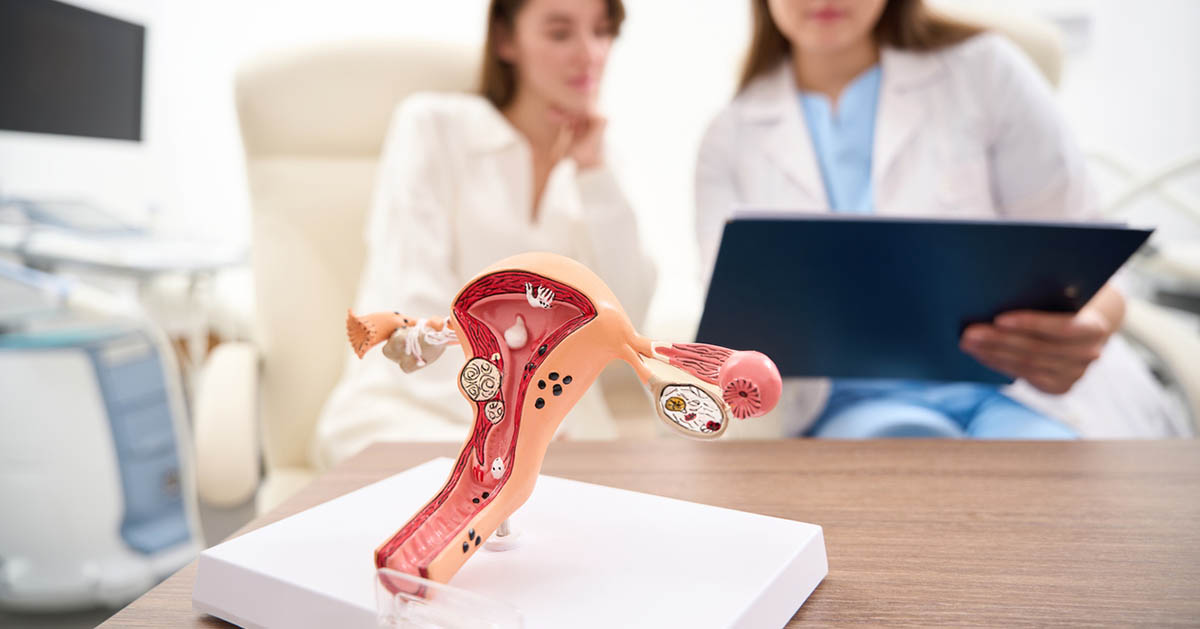
What to Ask Your Doctor
- How many times have you performed this specific procedure?
- How frequently do you perform this procedure?
- If you have encountered complications in the past, how were they handled?
3. Can I see before-and-after photos of your past patients?
Why It’s Important
A very valuable and easy way to evaluate your doctor is by requesting before-and-after photos of real patients managed by the surgeon. Actual patient outcomes can help you determine whether the surgeon’s work aligns with your personal goals and expectations.

What to Ask Your Doctor
- Can I see before-and-after photos of patients who have had the same procedure I am considering?
- Do you have photos of patients with similar anatomy or concerns as mine?
- How long after surgery were these “after” photos taken?
4. Do You Have Patient Testimonials or Reviews I Can Read?
Why It’s Important
Past patients’ first hand experiences can provide deeper and personal insight into what to expect throughout the entire process from consultation to post recovery. Patient testimonials and reviews talk about the surgeon’s communication skills, expertise, and bedside manner. They offer insight into the overall patient care, experience and satisfaction.

What to Ask Your Doctor
- Do you have testimonials from past patients that I can read?
- Do you have reviews available on third-party sites like Google or Healthgrades?
- Can I speak with a past patient about their experience (if they have given permission)?
- How do you handle patient concerns or dissatisfaction?
Questions About the Procedure
5. Which procedure or technique do you recommend to tackle my concerns, and why?
Why it’s Important
In cosmetic gynecology, there are numerous procedures and techniques, each offering distinct benefits. Understanding why your surgeon recommends a specific approach, whether focusing on functional improvement and/or aesthetic refinement, ensures you get your desired outcome. A tailored procedure helps achieve the best results, with each technique having different healing times, risks, effects on appearance and functionality.
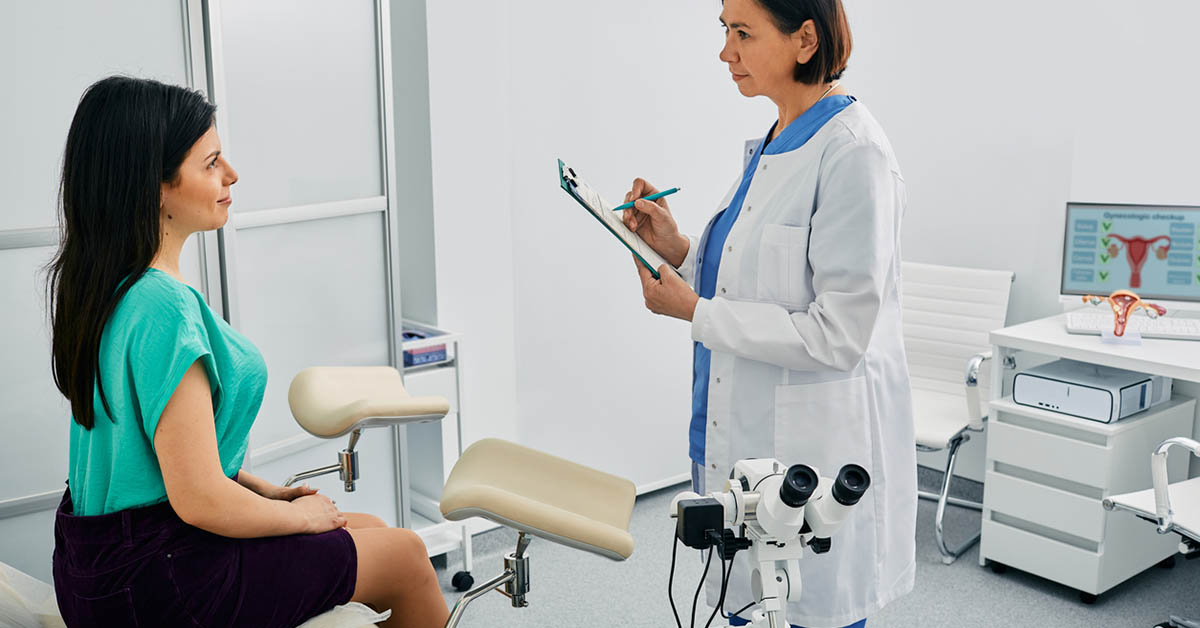
What to Ask Your Doctor
- Why do you recommend this procedure/technique over others?
- What are the benefits and risks of this approach?
- How will this procedure affect function, sensation, and appearance?
6. What are the potential risks and complications of this procedure?
Why it’s Important
As with any surgical procedure, there are inherent risks, including infection, scarring, changes in sensation, and complications from anesthesia. A good surgeon will be open about these risks and provide a clear plan for minimizing them. An understanding of the potential complications helps you make an informed decision and sets realistic expectations for your recovery and results.
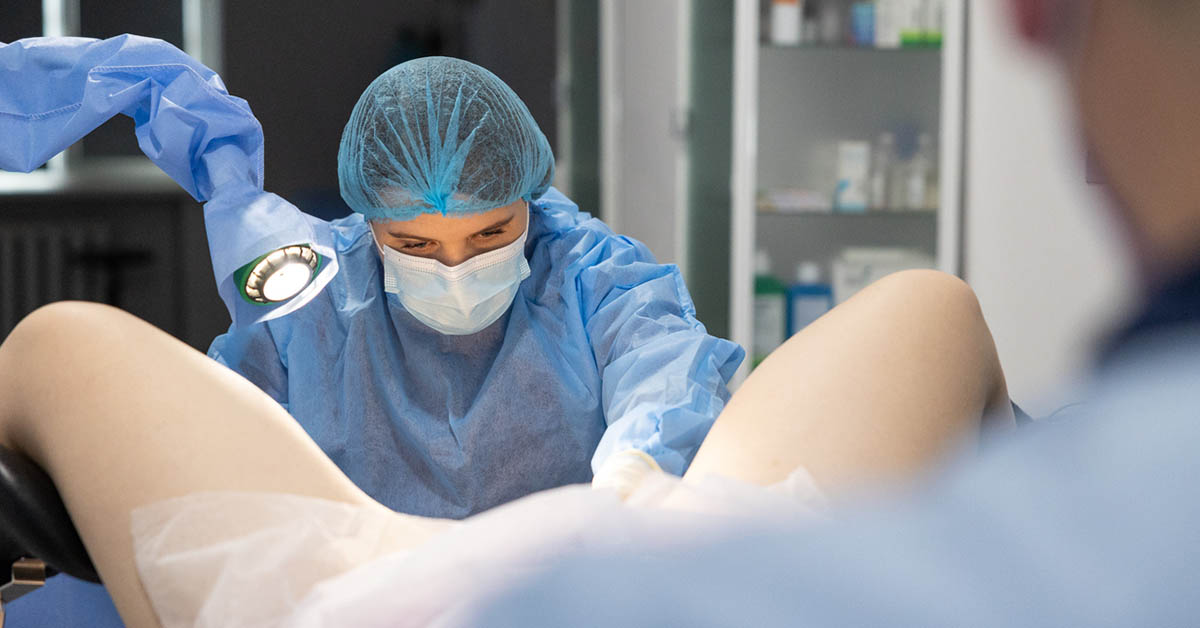
What to Ask Your Doctor
- What are the possible complications associated with this procedure?
- How will you minimize these risks during surgery?
- What steps will you take if complications arise?
- What can I do to reduce my own risk during recovery?
7. Will I have visible scars? If so, where?
Why It’s Important
The visibility and location of scars can negatively affect your satisfaction with the results of surgery. Knowing what is obtainable helps you mentally prepare for recovery and manage any potential concerns about scarring. A skilled surgeon will use techniques to minimize scar formation and its visibility by strategically placing the incisions in less noticeable areas.

What to Ask Your Doctor
- Will I have visible scars following the procedure?
- Can I see where the scars will be located, and how obvious will they be?
- Are there techniques in place to minimize scarring?
- How long will it take for the scars to heal and fade?
- Are there any post-op care instructions to help with scar fading?
8. What type of anesthesia will be used?
Why It’s Important
The type of anesthesia used for the procedure directly affects your comfort and safety. Local anesthesia numbs only the specific area being worked on, allowing you to stay awake, while general anesthesia puts you into a deep sleep for the duration of the surgery. Understanding the anesthesia plan helps you prepare for the procedure, and know what to expect during surgery and the recovery phase.
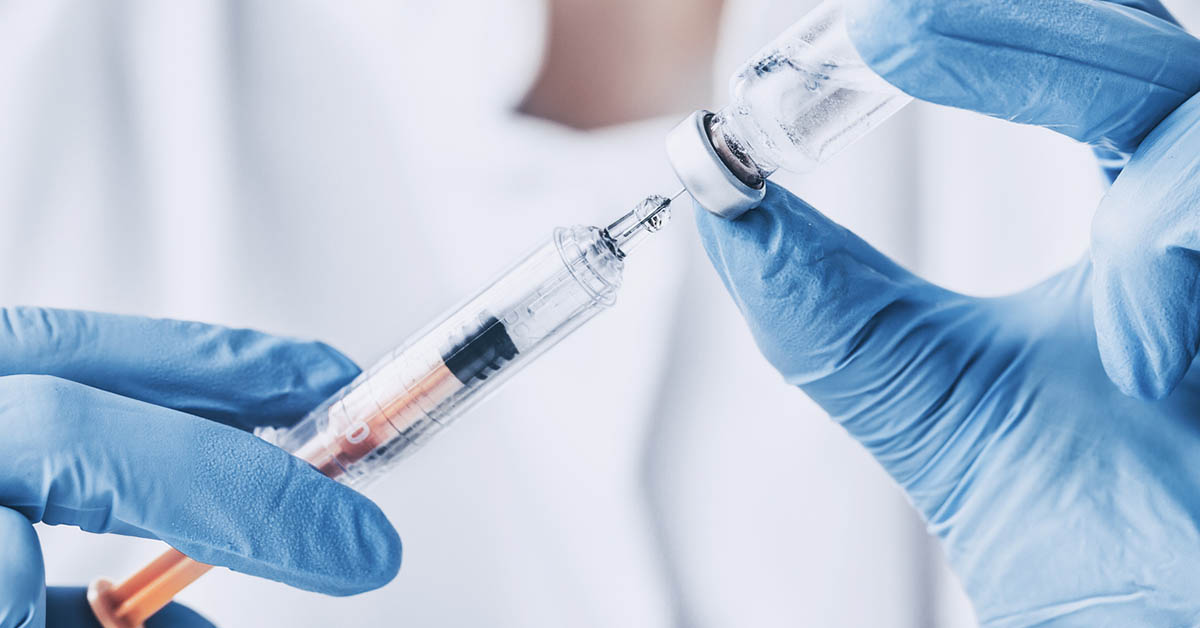
What to Ask Your Doctor
- What type of anesthesia will be used for my procedure?
- Will I be awake or asleep during the surgery?
- What are the risks and side effects of the anesthesia?
- How long will the anesthesia take to wear off, and what should I expect afterward?
- Will I need assistance during recovery, such as a caregiver to help once the anesthesia wears off?
Questions About Safety & Facility Accreditation
9. Where will the procedure be performed? Is the facility accredited?
Why It’s Important
The type of facility your procedure is carried out in is very important for your safety and overall experience. Accredited surgical facilities are held to high safety, hygiene, and medical standards, ensuring that the environment is kept sterile at all times and that there are proper equipment. Choosing an accredited facility reduces the risk of complications, such as infections or poor post-operative care, and guarantees that the team follows established protocols.

What to Ask Your Doctor
- Where will this procedure be performed?
- Is the facility accredited by a recognized medical board or organization?
- What steps are taken to ensure patient safety and hygiene in the surgical facility?
- Can I visit the facility beforehand to review the environment?
10. What emergency protocols do you have in place?
Why It’s Important
Even though complications are rare, they can occur during or after surgery. Knowing that your surgeon and the team have a well-defined emergency protocol in place provides the reassurance you need that they are prepared to handle any unexpected situations. This includes having trained medical staff, emergency equipment, and established procedures for handling complications such as reactions to anesthesia. These protocols being in place ensures that you are receiving care in an optimum environment where your safety is a top priority.
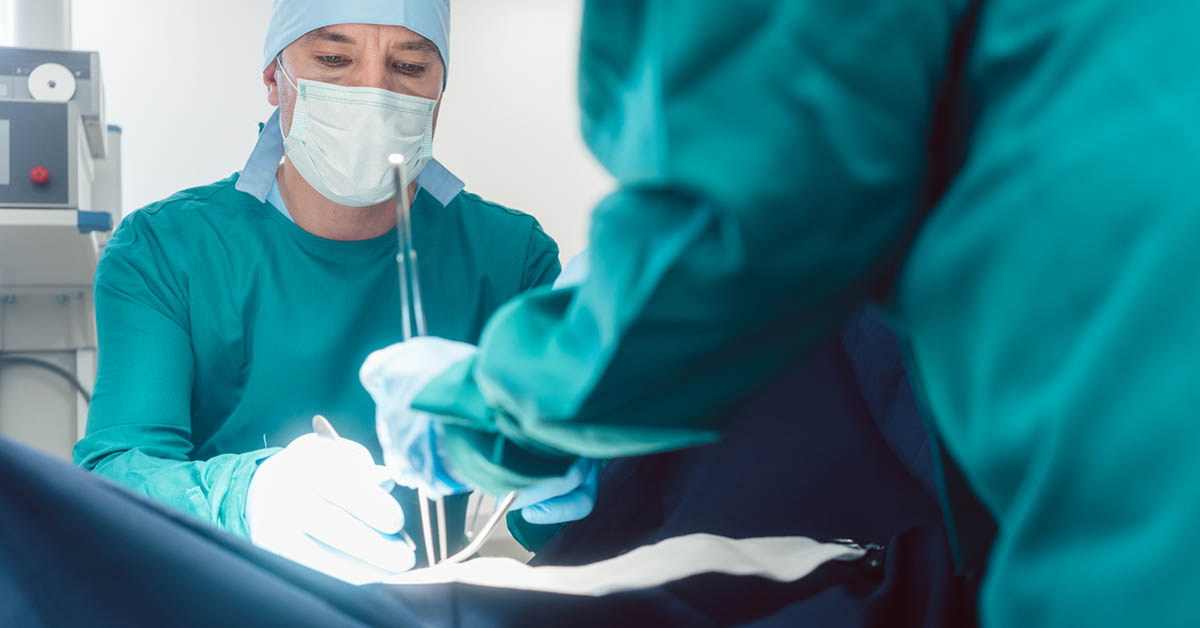
What to Ask Your Doctor
- What emergency protocols do you have outlined for this procedure?
- How do you handle complications such as excessive bleeding or infection?
- Are there emergency medical staff available during the procedure?
- What particular steps will be taken if I have an adverse reaction to anesthesia?
- How do you monitor patient safety throughout the recovery period?
Questions About Recovery & Final Outcome
11. What will my recovery process be like?
Why it’s Important
Knowing what the recovery process will be like is necessary for planning your time, and schedule and for setting realistic expectations. Every procedure has its own recovery timeline, and knowing how long the downtime is when you can return to work or exercise, and what symptoms (such as swelling or discomfort) to expect helps reduce anxiety and allows you to plan for any support you may need during this period. Clear post-op instructions ensure you know what steps to take for a smooth recovery.

What to Ask Your Doctor
- How long should I plan to rest before returning to work or daily activities?
- What are the post-surgery symptoms, and how can I manage them at home?
- Are there specific post-operative care instructions I should follow?
- When can I resume exercise, sexual activity, or other physical activities?
- What are the danger signs I should be aware of during the recovery phase and how/when should I contact you?
12. When will I see my final results?
Why It’s Important
The final results of the procedure are usually not immediately apparent due to swelling and redness during the healing process. A knowledge of the timeline on when to expect the final outcome helps one to manage expectations and reduces any concerns about the progress. Knowing that results may take several weeks to months to fully appear allows you to remain patient and focus on proper care during recovery, without prematurely judging the outcome.

What to Ask Your Doctor
- When should I expect to see the final results of this procedure?
- How long will it take for swelling to subside?
- Are there any specific signs I should look for during recovery that indicate I’m healing well?
- What can I do to optimize my healing and achieve the best final outcome?
13. Are there any long-term effects I should be aware of?
Why It’s Important
Some cosmetic gynecological procedures may cause long-term alterations in sensation, function, or appearance. Being aware of these possible changes helps one make an informed decision for the future. For example, certain procedures might alter sensitivity, improve or decrease functionality, or result in permanent changes in appearance. An exhaustive discussion with your surgeon ensures you are informed about what to expect in the years following the procedure.

What to Ask Your Doctor
- Are there any long-term effects of this procedure that I should be aware of?
- Will the procedure affect sensation, such as sexual pleasure or feeling in the treated area?
- Are there any changes in function or appearance that I should expect in the future?
- How might the results change over time, and what can I do to maintain them?
Questions About Costs & Financing
14. What is the total cost of the procedure, and does it include follow-up visits?
Why It’s Important
Since many cosmetic procedures are not covered by insurance, knowing your financing or payment options is essential for managing the financial aspect of your treatment.

Understanding the total cost of the procedure is crucial for avoiding unexpected expenses. Some surgeons may include follow-up visits in the overall cost, while others may charge separately for them. A good understanding of what’s included in the price such as anesthesia, surgical facility fees, post-op care, and follow-ups allows you to plan your budget and ensures you receive the full care you need throughout your recovery.
What to Ask Your Doctor
- What is the total cost of the procedure?
- Does the price include anesthesia, facility fees, and follow-up visits, or are they charged separately?
- Are there any additional/hidden costs I should expect during or after the procedure?
- Do you offer payment plans for this procedure and what are the terms of the payment plan?
Ensuring the Best Outcome for Your Procedure at Labiaplasty NYC
Choosing to undergo a cosmetic gynecological procedure is a significant decision that requires meticulous research and careful consideration. By asking the right questions about your surgeon’s qualifications, the procedure itself, recovery expectations, and costs, you can ensure that you’re fully informed and confident in your decision. Your surgeon should educateand guide you through the process, helping you achieve the best possible outcome while prioritizing your safety and well-being.
At Labiaplasty NYC clinic, we provide expert, reliable advice on all gynecological questions and procedures, ensuring you have the knowledge needed to make informed decisions. Our guidance is backed by medical expertise, patient-focused insights, and up-to-date information, helping you prioritize safety, well-being, and the best possible outcomes for your health. Contact us today for any enquiries you may have.

